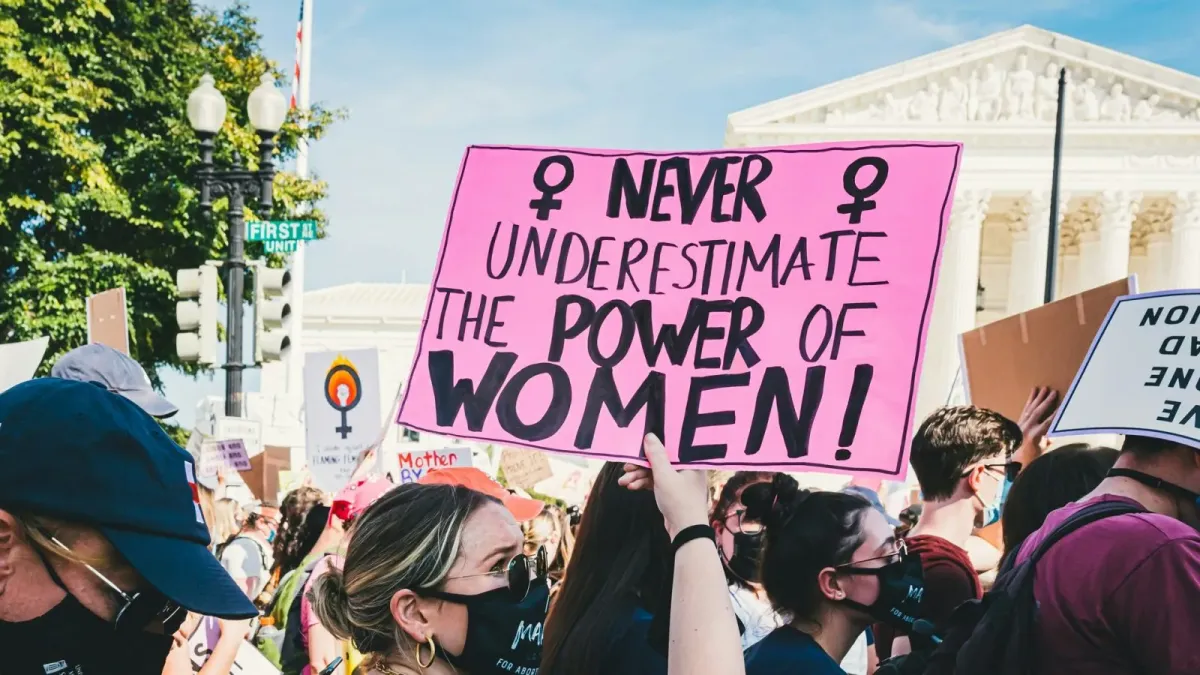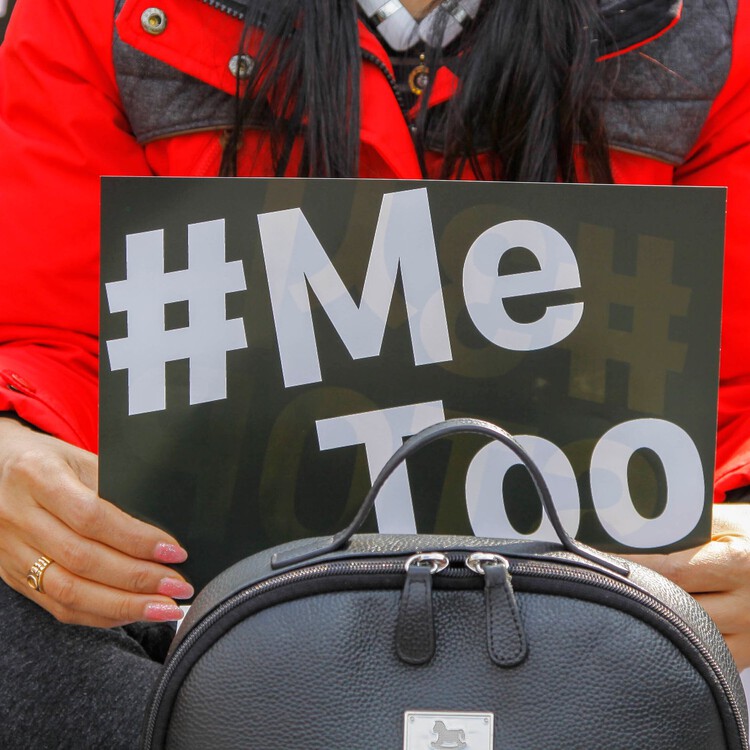The '4B Movement' Is Surging On TikTok After Donald Trump's Win. What Is It?
The 4B Movement surges on TikTok after Trump’s win, inspiring U.S. women to reject traditional roles, stand for autonomy, and uplift each other.

Since former President Donald Trump's recent election win, millions upon millions of views and likes on TikTok have launched an uprising by women for the "4B Movement." This wave of online support is rooted in deep concern about the future of women's rights in America during Trump's second term.
What is the 4B Movement?
It is termed the "4B Movement," which was pioneered by women in South Korea in 2018 as a stance against what constitutes gender norms leading to systemic exploitation. The movement's name includes the four principles: no dating-bihon, no marriage-bichulsan, no-sex-biyeonae, and no child-rearing-bi-sekseu. It's a philosophy born from the feminist movement in South Korea, considering all the societal pressures women face, from pay gaps to the expectation of being a mother and wife in South Korea. Rejecting traditional roles became an act of self-preservation for many South Korean women against a culture whose patriarchy runs deep.
The 4B Movement's Origins and Struggles
Advocates like Jung Se-young, who publicly disregarded the foreboding of 'Vows' and the patriarchal expectations that marriage brings, helped make the 4B Movement popular in South Korea. But as a movement, as long as it represented one brazen rejection of gendered expectation and sexism, growing anti-feminism in South Korea worked against the ability of some supporters to keep openly expressing their views. YouTuber Elliot Sang interviewed journalist Jung Ha-won, who suggested that while feminism has struggled to gain ground in South Korea, this recent wave of hostility towards feminism has led some women in South Korea to withdraw from discussions of the movement.

Why is 4B Trending in the U.S.?
Ever since the victory of Trump over Democratic nominee Kamala Harris, American women have started embracing principle 4B as social protest. Many are concerned by what another presidency from Trump has come to mean about reproductive rights and gender equality, and some women reassess their relationship with men who vote for policies that could restrict women's autonomy. The same sentiment was captured in just one of many viral TikTok videos, where a user talked about breaking up with her Republican boyfriend and officially "joining the 4B movement," which close to 2 million viewers had liked.
This growing interest in the 4B Movement represents a growing disquiet; some social media users suggest a kind of "social disengagement" from men as a route to peace and safety. In X, formerly Twitter, one user said, "I like this new idea from the #4BMovement about not engaging or speaking with men whenever we can… We can ignore and block. Let their loneliness epidemic spread."
Voices of Support and Criticism
However, as the 4B Movement found new followers in the United States, which has a large and diverse voting population, not everyone agreed with a blanket "no men" stance. Black women, for example, supposedly were squarely behind Kamala Harris, according to exit polls, which had her receiving 91 percent of Black female votes and 77 percent of Black male votes. In comparison, Trump's base largely included 60 percent of white men and 53 percent of white women who supported him. For some women of color, swearing off men without tackling the racialized dimensions of gender inequality reduces the problem of oversimplification.
Said one commenter on social media: "I need white women to keep up the energy when unpacking white supremacy in themselves and their peers. Statistically, a man of color is a better ally to me than a white woman."
The Movement's Impact
With some polarizing views, the 4B Movement has gained considerable momentum for what it has come to represent in resistance. More than 19,000 videos tagged #4BMovement on TikTok reflect undeniable curiosity and a rising feminist sentiment. Beyond refusing men, the movement implores women to lift their kind: support female-owned businesses, media, and communities.
The 4B Movement has helped to center some very important discussions regarding gender, autonomy, and self-reliance in the wake of Trump's victory. While the movement may manifest differently on U.S. soil than it did in South Korea, it does symbolize the changing face of solidarity for women who feel left behind by electoral results—and the beginning of a rallying cry for those who want to see an end to business as usual.
Conclusion
From the resurgence of the 4B Movement, through the defeat at the election by Harris, to continued wrangling in the U.S. over abortion rights, there is deep concern reflected in many women about their autonomy and representation. Its popular appeal speaks to a shift toward an abandonment of all roles traditionally imposed on women-most especially now, given the mounting threats to reproductive rights.
For many, Harris's defeat was another sign of gendered obstacles in political representation, cementing a sense of systemic injustices in governance. All these put together signal a keener sense among women today of empowerment to find other avenues for taking control over their lives and bodies.




